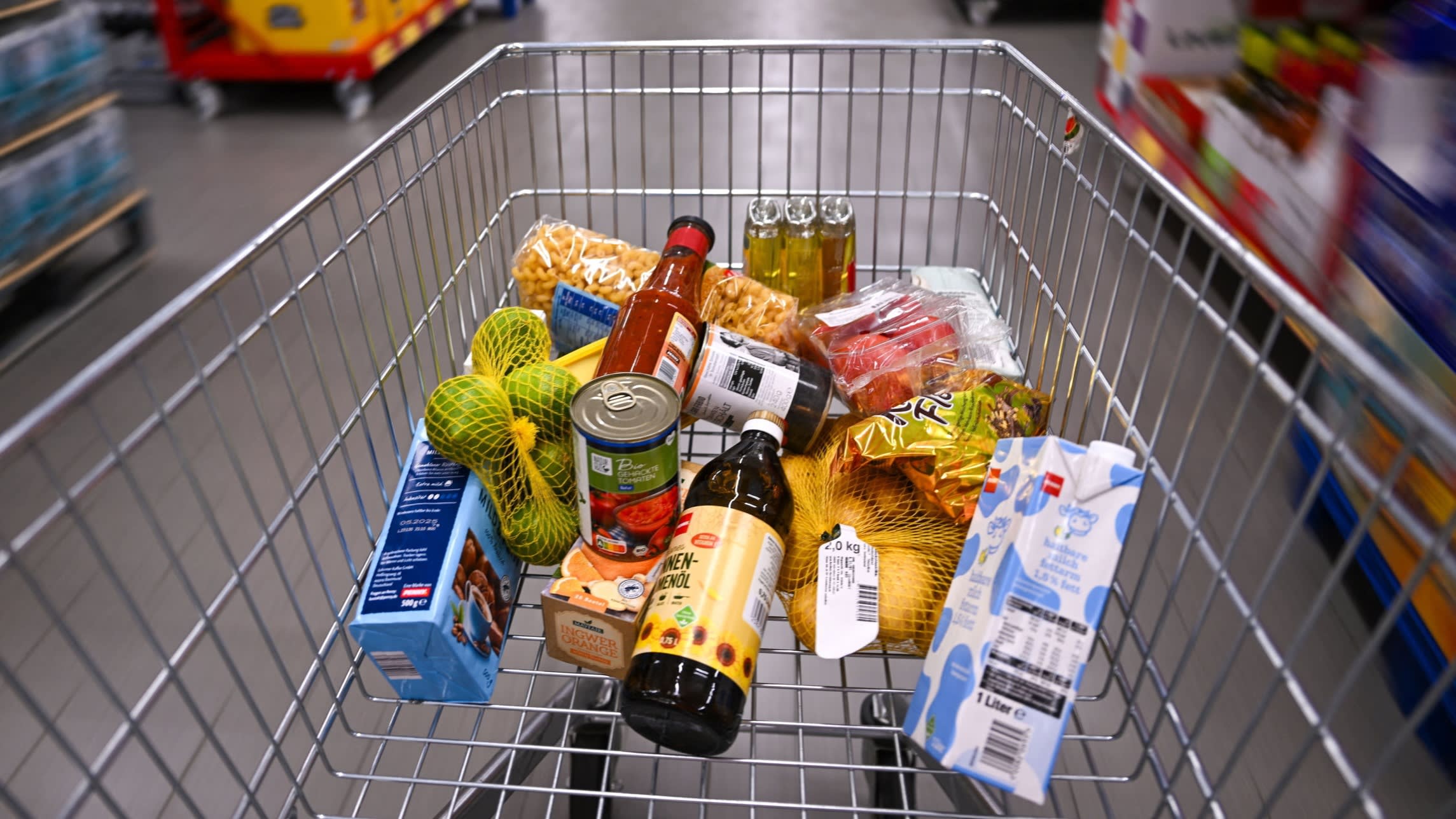Archive: https://archive.is/2025.03.26-113538/https://www.ft.com/content/eeb1ee80-00b8-4f9f-b560-a6717a80d58d
EU households should stockpile essential supplies to survive at least 72 hours of crisis, Brussels has proposed, as Russia’s war in Ukraine and a darkening geopolitical landscape prompt the bloc to take new steps to increase its security.
The continuing conflict in Ukraine, the Covid-19 pandemic that brutally exposed a lack of crisis response capabilities and the Trump administration’s adversarial stance towards Europe have forced the continent to rethink its vulnerabilities and increase spending on defence and security.
The new initiative comes as European intelligence agencies warn that Russia could attack an EU member state within three to five years, adding to natural threats including floods and wildfires worsened by climate change and societal risks such as financial crises.
Europe faced increased threats “including the possibility of armed aggression against member states”, the European Commission warned on Wednesday as it published a 30-step plan for its 27 capitals to increase their preparedness for crisis and mitigation measures.



72 hours of food is crazy to me. I would be making a trip to the store when down to maybe a week or two.
Guess Europe really does shop different.
I have half a dozen supermarkets in 10min radius by foot. multiple more if I use a bike/scooter.
There’s really not much use in stocking huge amounts of food at home, especially when you want to cook fresh stuff.
Non-perishable things like canned and frozen meals is mainly used as a fallback in case of lazyness (ignoring canned stuff for ingredients)
I go to the supermarket at least once a week. normally 2-3 times
Completely depends on how you live.
Someone who lives in a house with plenty of storage and a 30 minute drive to the nearest store will have a lot of food at home. Whereas someone who lives in a tiny apartment with a five minute walk to the store will not.
In general, places like American suburbs, with huge single-family homes, no stores and complete reliance on cars, are rare in Europe.
I don’t live in the states, but the reliance on driving here is real. Small towns are lucky to have one grocery store and are usually very expensive.
deleted by creator